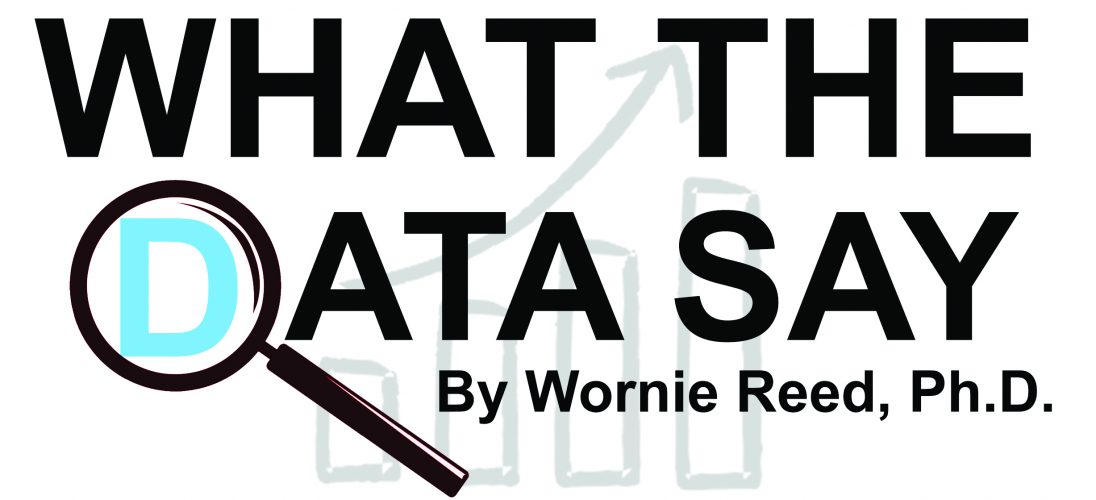National Commentary
Police Have a License to Kill
The Graham decision in 1989 changed the focus—from the individual citizen to the police officer. The Court interpreted the Fourth Amendment to protect police officers, not black people.


Incredibly, police officers appear to have a license to kill unarmed black folks. Well, they do. Police have a license to kill anyone, and they use it disproportionately on black people.
They received this “license” in the Graham v. Conner Supreme Court decision in 1989, written by Chief Justice William Rehnquist.
In 1985 the Court out
lawed the terrible fleeing felon rule in its Tennessee v. Garner decision. Since the use of force was a seizure and subject to Fourth Amendment protections, the Court held that the courts must balance the intrusion of the individual’s Fourth Amendment interests against the importance of the governmental interests alleged to justify the intervention. Thus, the Court defined actions of police officers as actions of the state–the government.
The Graham decision in 1989 changed the focus—from the individual citizen to the police officer. The Court interpreted the Fourth Amendment to protect police officers, not black people.
It in effect changed the view of the police use of force from that of an individual encountering a state action that could potentially be a violation of the person’s constitutional rights under the Fourth Amendment to that of the police officer’s right, the right to act—and use force–if they feel it is reasonable.
A key sentence in Rehnquist’s decision is the following: “The ‘reasonableness’ of a particular use of force must be judged from the perspective of a reasonable officer on the scene, rather than with 20/20 hindsight [emphasis added].”
It seems that the emphasis now is on police officers’ fear for their safety. As a Philadelphia Police Department spokesperson once said: “Officers’ safety comes first, and not infringing on people’s rights comes second.”
The data do not support the proposition that police safety is that great a threat. For example, in 2015, American police shot 53 unarmed people in vehicles, while the British police had not killed anyone for eight years to stop a threatening automobile. And significantly, no British cops died because they failed to stop a vehicle.
We should question the appropriateness of police officers’ so-called “reasonable fear.” These flexible definitions of reasonable fear as offered by the Court have permitted prosecutors to claim that police had reasonable fears of cars driving away, unarmed people running away, and even people with their hands up.
In some cases, police officers have avoided prosecution for an extrajudicial killing because they feared that the person was reaching for an imaginary gun. This assumption is a privilege not usually granted in a civilian-to-civilian encounter. It is highly unlikely that citizen A would be excused for shooting and killing citizen B if he offered the excuse that he fea
red that citizen B was reaching for a gun—when there was no gun. It would appear that by providing the officer that privilege, he or she is given more rights than a civilian, meaning that their life is more important than a civilian’s life. The very opposite should be the case. Police officers, like soldiers, offer to lay their lives on the line for citizens. That is the principal reason they are revered.
If the intended situation is to place the police officer’s life equal to that of the civilian, we need to make these rules clear and have police practices conform. If the intent is to value the police officer’s life as more significant, we need to debate this issue in public and the courts. A large proportion of the citizenry might object to that orientation as a cultural practice.
The bottom line is that better or different police training will not end this violence because it does nothing to limit the police’s power to do violence. Until the Supreme Court adopts a substantially different approach to police violence, these killings of black folks will continue.






